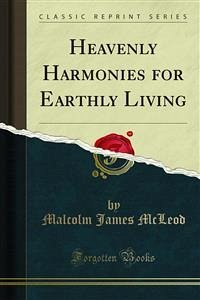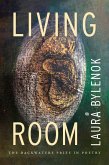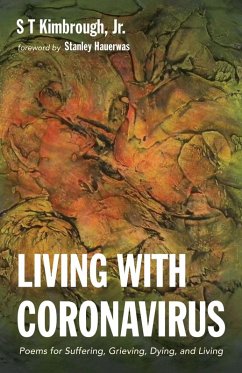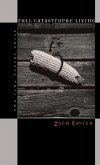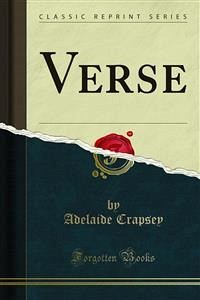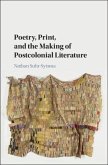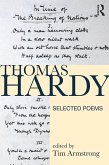She discusses the current state of comparative literary studies and the renewed role of comparative literature in a world that is at once more plural and more globalized, as well as some of the debates now taking place within literary criticism as a whole, including the interchange between comparative literature and cultural studies, the re-envisaging of the Renaissance, the work of Northrop Frye, myth and literature at the end of the twentieth century, modern drama, and post-colonialism. To play an important role in the human sciences, comparative literature had first to free itself of a number of restrictive habits, such as an insufficiently critical literary history. In order to do this, it had to think theoretically, but without yielding to the temptation of letting theory become an end in itself. Kushner demonstrates that, while under strong pressures to be a more rigourous science, comparative literature has realized that in the human sciences the validation of knowledge has to seek its own tests and criteria, becoming increasingly more open to individuality, difference, and life situations and controlling its tendency to universalize. With its emphasis on whether literary history is possible and the problems it raises for literary theory and for comparative literature in particular, The Living Prism adds an important dimension to the ongoing debate about criticism and comparative literary studies.
Dieser Download kann aus rechtlichen Gründen nur mit Rechnungsadresse in A, B, BG, CY, CZ, D, DK, EW, E, FIN, F, GR, HR, H, IRL, I, LT, L, LR, M, NL, PL, P, R, S, SLO, SK ausgeliefert werden.



